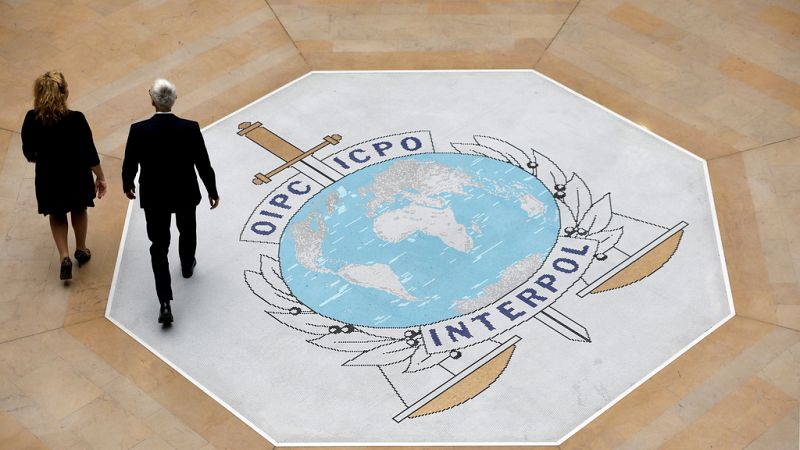Interpol arrests 1,006 cybercrime suspects across Africa in two-months

Interpol has arrested 1,006 suspects in Africa during a two-month cybercrime crackdown that left tens of thousands of victims, including human trafficking cases, and caused millions of dollars in financial losses, the global police organization announced on Tuesday.
The operation, dubbed Operation Serengeti, was conducted in collaboration with Afripol, the African Union’s police agency, and took place from September 2 to October 31 across 19 African countries. The operation targeted criminals involved in ransomware, business email compromise schemes, digital extortion, and online fraud, Interpol stated in a press release.
“From pyramid schemes to large-scale credit card fraud, the growing volume and sophistication of cyberattacks are deeply concerning,” said Interpol Secretary General Valdecy Urquiza.
Interpol identified 35,000 victims worldwide and reported losses of nearly $193 million. Local law enforcement agencies and private sector partners, including internet service providers, played a pivotal role in the operation.
“With Serengeti, Afripol has significantly strengthened its support for law enforcement in African Union member states,” said Jalel Chelba, Afripol's Executive Director, in the statement.
In Kenya, police made nearly two dozen arrests related to an online credit card fraud scheme linked to losses of $8.6 million. In Senegal, eight people, including five Chinese nationals, were arrested for an online Ponzi scheme worth $6 million.
Chelba noted that Afripol is now focusing on emerging threats such as AI-powered malware and advanced cyberattack techniques.
Other dismantled networks include a Cameroonian group suspected of using a pyramid scheme for human trafficking, an international criminal group in Angola running an illegal virtual casino, and a cryptocurrency investment scam in Nigeria, Interpol revealed.
Interpol, which has 196 member countries and celebrated its centenary last year, assists national police forces in combating terrorism, financial crimes, child exploitation, cybercrime, and organized crime by facilitating communication and tracking suspects.
Despite being the world’s largest police organization, Interpol faces challenges such as increasing cybercrime cases, rising child abuse incidents, and growing divisions among member countries.
Last year, Interpol had a total budget of approximately €176 million ($188 million), compared to over €200 million for Europol, the European Union’s police agency, and around $11 billion for the FBI in the United States.
Yesterday

